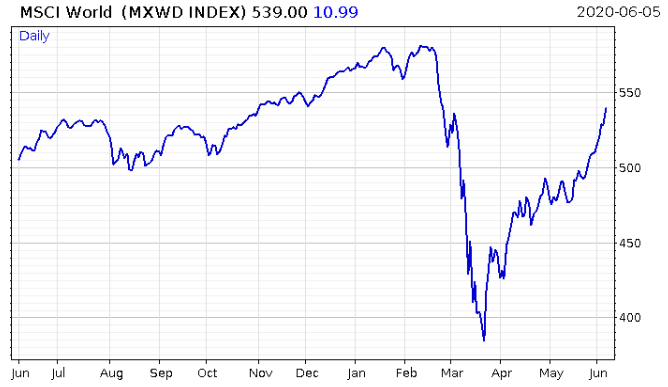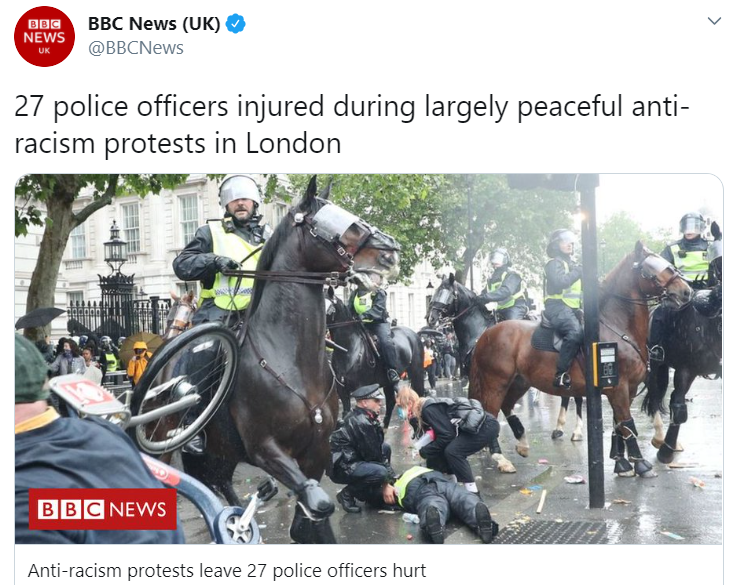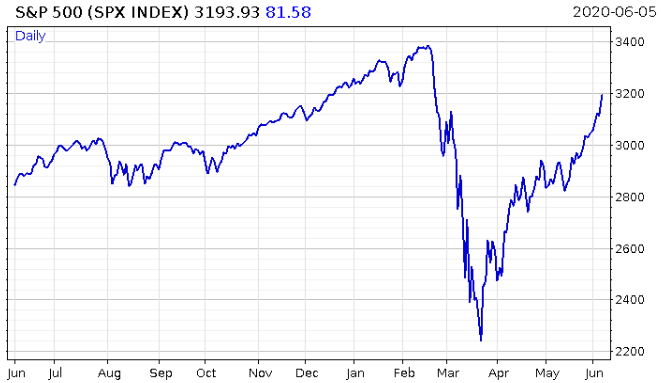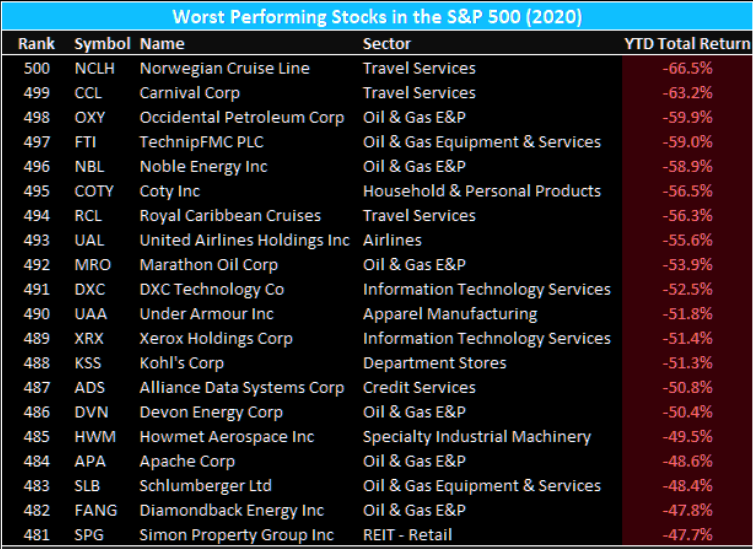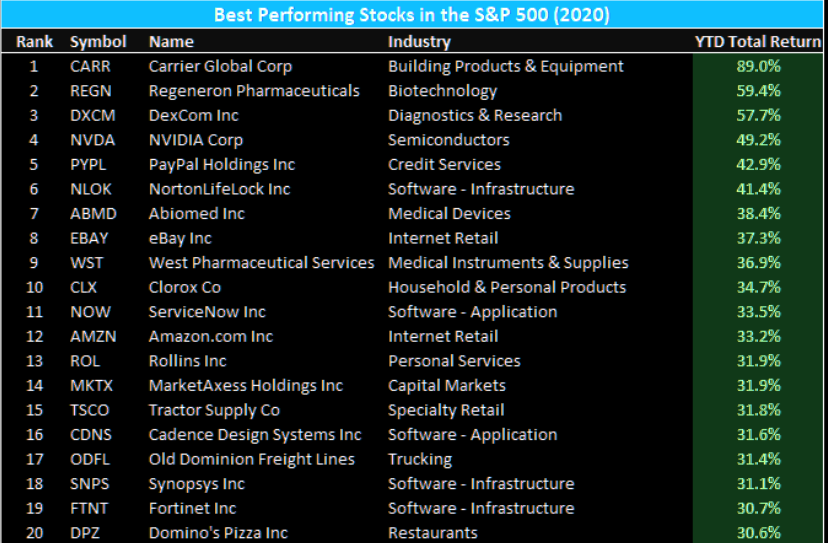Another week of chaos begins…
With any luck, we’ll be able to go to the pub again soon – provided we identify as protestors first, of course.
How times change. It wasn’t long ago that self-righteous moralists declared that flouting lockdown was tantamount to murdering one’s own grandparents. You might think they’d pipe up again, what with some individuals flouting lockdown to vandalise war memorials, but they’ve gone oddly silent – the winds of virtue-signalling have shifted.
I’ve stayed away from the ongoing debate on the properties of the WuFlu itself and what the ideal responses to it would be, for I don’t think studying it is key to what will happen next. What is key to what happens next and indeed, what has been crucial all the way through this affair, is how governments have reacted to the pandemic. Covid-19 could evaporate off the face of the earth tomorrow, but that doesn’t mean much for the economy if the government decides to keep us in lockdown for the next nine months.
I wonder: how well would an investor granted perfect and total knowledge of the virus from the get-go late last year have actually performed since then, armed with such knowledge?
Sure, they would have known that a new disease was about to sweep the world and cause alarm… but it was the government’s reaction to the WuFlu which caused the major market-turning moves, and knowledge of the virus isn’t going to tell you when a politico panics…
Remember, the global stockmarket was having a whale of a time up until about three weeks through February, when the virus was sweeping the world and causing panic already. Would the investor with total knowledge of the virus itself have been able to anticipate how long it would take before fear set in? And indeed, would they have expected the stockmarket to bounce very sharply up in a “V” shape very soon afterwards?
Guessing how governments will react, however, is no easy feat. As my colleague Nickolai wrote last week in Southbank Investment Daily, our premium e-letter, different governments have pursued radically different approaches – from the same data!
Just like economic data, scientific data is finally emerging. And the conclusions are not looking good for any politicians.
According to the SAGE scientists, the R rate “could be as low as 0.5 outside of hospitals”. It was within medical settings that the pandemic spread. No wonder they cancelled the Thursday applause sessions known as “clap for our superspreaders”.
The US’ Centers for Disease Control and Prevention (CDC) has confirmed that the warnings from scientists were correct. Which scientists? The ones that claimed Covid-19 wasn’t worth locking down for. At least, not for most of us. A Stanford meta-analysis of 12 studies which looked into Covid-19 concluded “Seven of the 12 inferred IFRs [Infection Fatality Rates] are in the range 0.07 to 0.20 (corrected IFR of 0.06 to 0.16) which are similar to IFR values of seasonal influenza.”
The CDC has its best estimate for IFR below 0.3%.
Oxford University has “a presumed estimate for the COVID-19 IFR somewhere between 0.1% and 0.41%.”
The assumed IFRs that justified lockdowns? Imperial College’s and the CDC’s initial projections were about fourfold higher.
The German civil servant who published a detailed report on all this was described as a tin foil hat-wearing conspiracy theorist…
In Florida, they prioritised care homes to save hospitals. In the UK we prioritised hospitals at the expense of care homes. In Sweden and the UK, they used the same science according to Professor Neil Ferguson, to come to opposite policies.
Best of all, we still don’t really agree on who got it right, even with the results largely in. We still don’t know whose policies to follow and each nation’s policies are still wildly divergent…
A largely peaceful stockmarket
In the meantime, I’ve been enjoying some of the dark humour that the BBC has been unintentionally producing in its strenuous efforts to remain politically correct. Tim Price reckons this headline spells doom for the licence fee…
You could say that the action in the stockmarket has been “largely peaceful” so far this year. After all, at the time of writing the S&P 500 is less than 2% lower than it was on 1 January:
… but despite the appearance of a nice V-shaped recovery, inside the index – the valuations of the individual 500 companies themselves – there has been serious unrest.
The bottom 20 have lost between 47% and 66% of their value…
While the top 20, the conquerors, have boomed between 30% and 89%:
Inside this teacup of a <2% move down, there has been one hell of a storm – a grand shift of wealth has taken place.
Amongst the losers lie oil companies and travel groups – while the winners are full of software and internet stocks. It’s been a “largely peaceful” wealth redistribution from the analogue world to the digital one.
Will this cycle run in reverse once the lockdown is eased? Or has the government’s reaction to the crisis sealed the fate of the analogue..?
More to come,

Boaz Shoshan
Editor, Capital & Conflict
Category: Market updates


